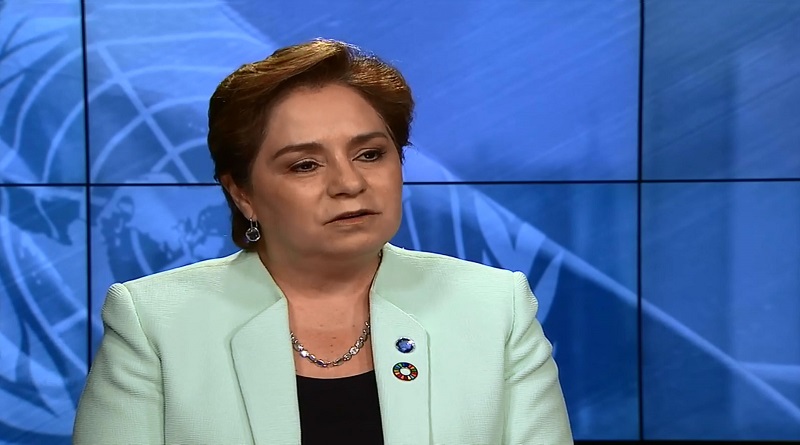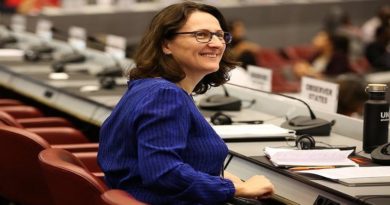Govs to adopt ACE initiative at COP25 in December
Governments meeting during the June UN Climate Change Conference in Bonn (SB50) agreed on a draft decision to significantly strengthen climate education, awareness and public engagement, which are crucial to achieve the goal of limiting global temperature rise to 1.5 degrees and to scale-up Action for Climate Empowerment (ACE) implementation. The decision will be formally adopted at the UN Climate Change Conference in Chile in December.
“ACE is fundamental for the long-term transformation to a carbon neutral lifestyle,” said the UN Climate Change Deputy Executive Secretary Ovais Sarmad. “We need everyone on board with solutions and we need everyone to take climate action on the ground.”
At the opening of the 7th ACE Dialogue, held on 19 and 24 June, Mr. Emmanuel Dlamini, Chair of the Subsidiary Body for Implementation, called on participants to “share good practices and lessons learned” while implementing ACE activities under the umbrella of the Doha Work Programme – an eight-year, country-driven, and flexible framework that was under review in Bonn and will end in 2020.
The Bonn Dialogue provided an opportunity for government and non-government stakeholders to share their real-world efforts and lessons learned from implementing ACE actions on the ground in their schools, communities, cities, countries, and regions. Inspiring examples included:
Chile has integrated ACE into its Nationally Determined Contribution and has opened up their policy-making process to include a public participation process in the form of online consultations and workshops to gain multiple stakeholder input when developing or amending national climate change policies.
Ghana has developed, with the help of the United Nations Institute for Training and Research (UNITAR), a “National Climate ACE strategy titled Change & Green Economy Learning Strategy”, which provides a comprehensive, multi-sectoral -stakeholder road map on how to implement ACE elements at the country level. Emmanuel Tachie-Obeng, the ACE Focal Point, from Ghana, outlined benefits from developing and implementing this strategy, which included a climate change and green economy week in Ghana. “Everybody wants to be there,” he said.
A representative of the UNFCCC Youth Constituency, Richard Frances Apeh, reported on the actions of young people around the world, commenting that “We have seen that young people are getting more and more engaged, with or without the help of governments. That is because they have understood the urgency and the need to add to avoid the catastrophe that will rob us of our future”. Examples he gave of action youth are taking included the “Conference of Youth” (COY) organized on the margins of the Annual Climate Change Conferences (COPs), to create spaces for networking and to learn from each other, as well as “Fridays for future”, a global movement of youth, who are taking to the streets and that is creating awareness on climate change for both the young and old.




